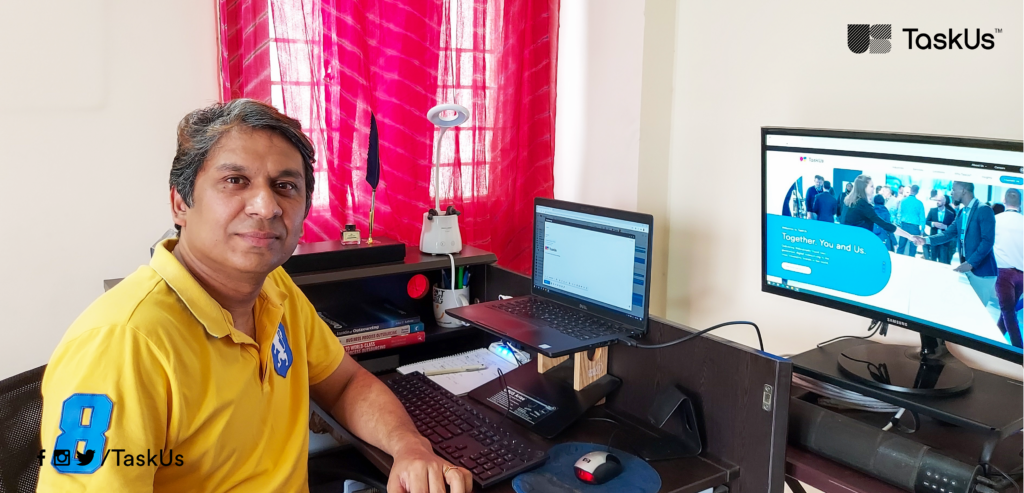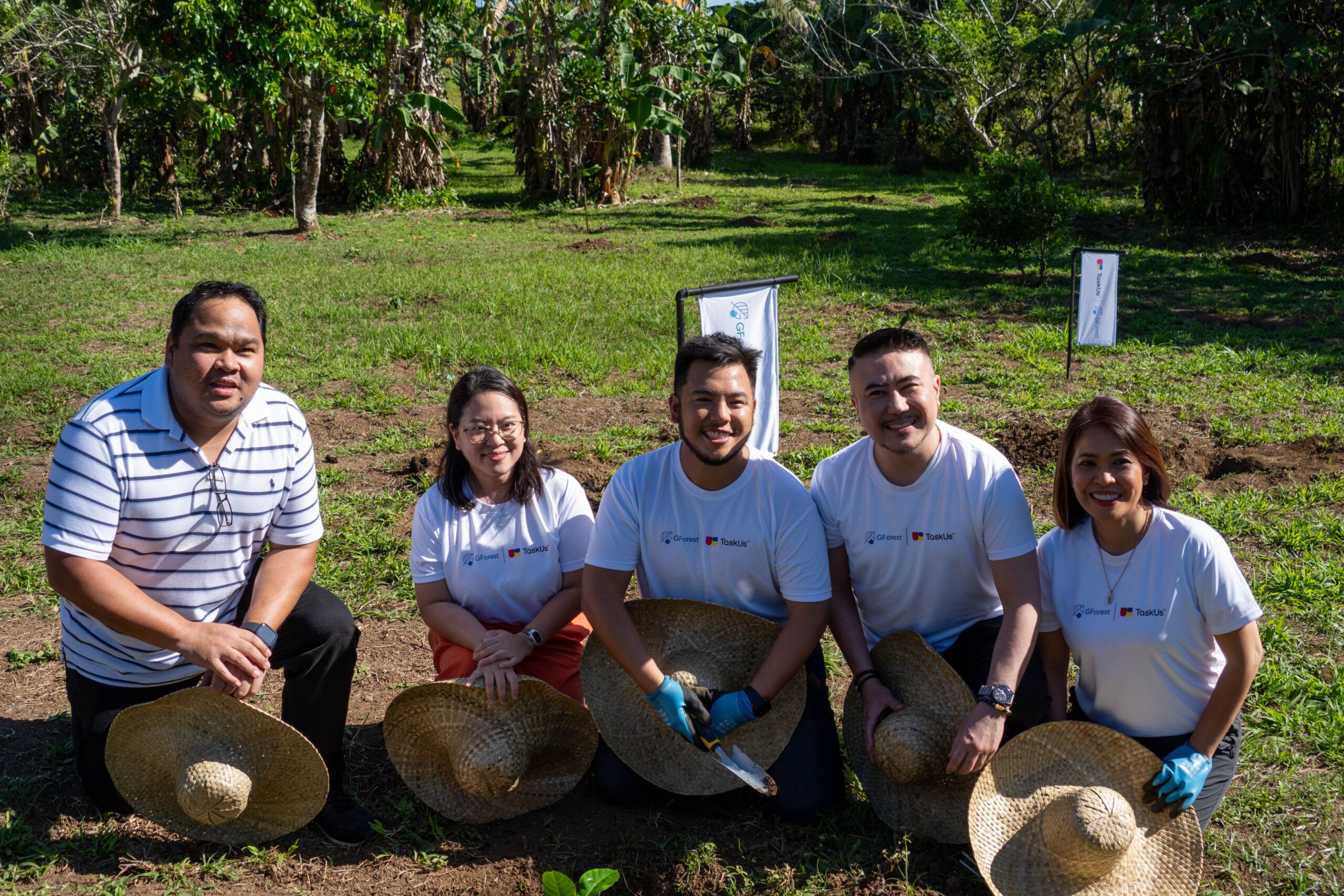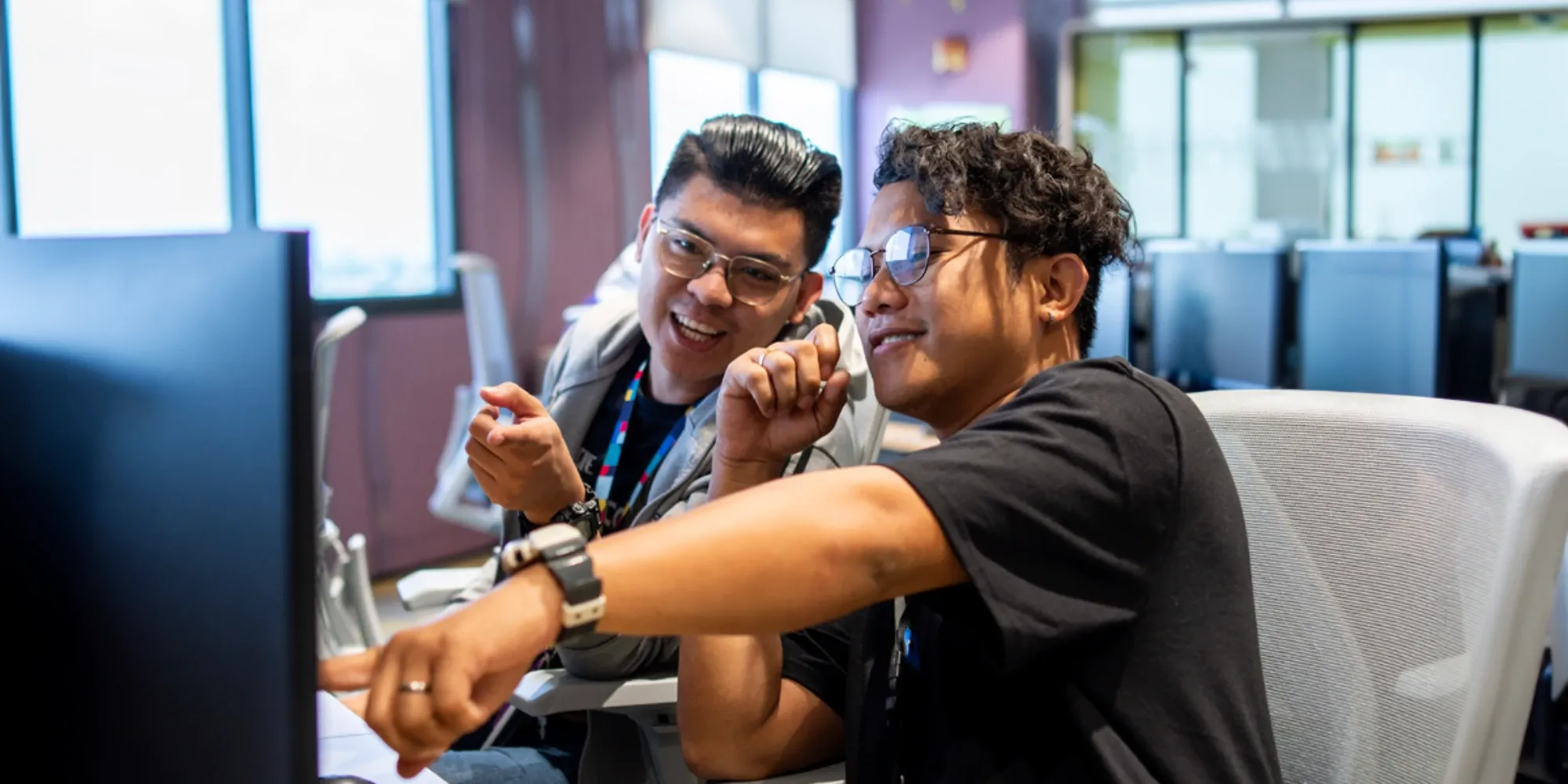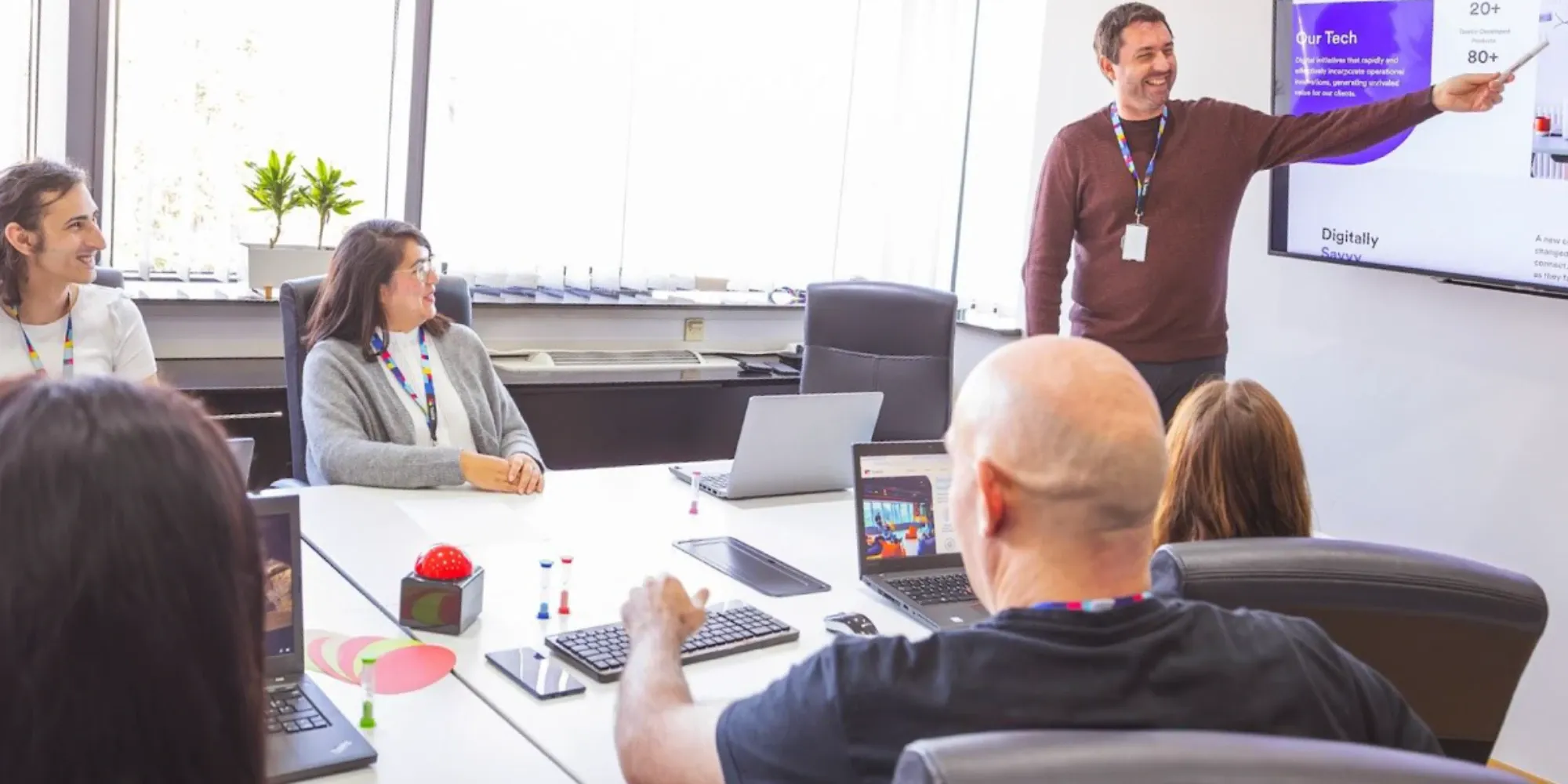With the digital advances that we are seeing today, it is not hard to imagine the world’s future ahead of us. And for the tech industry, the future hasn’t been brighter.
Artificial Intelligence (AI) is predicted to soon run and impact the world in more ways than one can imagine. We have already seen self-driving cars, smart assistants, manufacturing robots, chatbots, social media monitoring, and the like—and yet, the best is still to come.
Fueling the engine of AI is data science. During the pandemic especially, data science has had a key role in practically all the digital transformations happening in every organization across the globe.
Businesses, for instance, had to make big, critical choices overnight. They had to quickly adapt their technology and analytics to survive. This resulted in a greater demand for data scientists to interpret the vast amount of data in the market.
“A future-proof organization starts with building an efficient data science team,” says Kaushik Kumar Dutta, Vice President for Data Science at TaskUs. As a leading tech-enabled business services company in the globe, TaskUs is committed to helping other organizations in harnessing the power of AI through data science.
Yet while the innovations of tomorrow will be powered by technology, Dutta says driving this growth will be the type of technology that is still very human centric.

A stereotypical data scientist
The world has painted a picture of how data scientists should be, which is mired in misconceptions about the job and industry itself.
Most people assume data scientists are just these geniuses who are adept at figures or have the notion that they are limited to working with data. And yet for others, data scientists need to have a PhD in statistics or mathematics to be the best.
Dutta thinks otherwise saying, “That’s not the entire truth [about data scientists]. The job is not all technical; data scientists are people too and an important part of their success is empathy.”
“If I have empathy, I should be able to understand an individual’s perspective and attune myself to the situation of the individual,” Dutta stresses. “It is all about putting oneself in the shoes of others and being able to relate and connect with them.”
Even in the field of science, empathy plays a vital role in learning and unfolding the full potential of such studies and how they are better applied to the world. By recognizing empathy as an essential component of unlocking technological advancements, innovators can create change that better benefits humanity.

Humanizing technology
Besides mastering certain tools and techniques, Dutta says it is important that data scientists are able to fully explain the relevance of their work to other people.
“If I’m not very good at that human angle, then I may not be able to leverage whatever AI lessons I put in the picture,” he adds. “Trying to see from another perspective is very critical to data science.”
As humans still have a significant role to play in a technology-dominated world, data scientists must be skilled in making data correlations as much as in human connections.
Technology, in a sense, is a reflection of human intelligence and an expression of humanity’s desire to solve its problems. AI, no matter how advanced and smart it gets, will always require human touch to reach its full potential.
Creating ‘human’ data scientists
Dutta’s mission is to instill empathy in the data science teams he is creating for TaskUs, which is known for its people-first culture.
Among the three pillars he thinks would elevate the company—people, process, and technology—it is the first pillar that is most important.
“We cannot be successful without human collaborations and partnerships,” adds Dutta. “That is why I always try to put my people first. My leadership style is giving people the liberty to do what they have to do.”
For him, it has always been about building trust and relationships, as his success is solely determined by his teams’ successes.
Dutta also knows for a fact that happy employees equate to happy customers: “If I take care of my people, they will take care of my customers.”
Such was the case with one of TaskUs’s clients, whose tagging and classifying dissatisfaction (DSAT) drivers were repetitive and time-consuming. Dutta’s team created a tool that can do the work efficiently by using verbatims or comment data. The tool helped review DSAT sentiments that would have taken 160 hours or 17 days if done manually.
Now, the tool in place can automatically tag the DSAT drivers that enable the team to find out what causes customers’ dissatisfaction. Not only did this approach to providing work innovations better serve TaskUs’s people, but it also kept their customer experience operations optimal.
The future of the industry
Finding the right balance between people and technology will be the key determining factor of a company’s future success in the AI industry.
With AI operations, specifically, TaskUs aims to provide an edge by empowering its people to streamline processes using machine learning. TaskUs is poised to lead in serving its clients because it understands the role humans play in the fast-paced, tech-dominated industry.
Businesses of the future will be set apart not by how advanced their technology is but by their ability to understand through data science how technology can make us more human.
References
-

TaskUs and Mavenoid Announce Strategic Partnership To Enable AI-Powered Product Support
5-MIN READ -

TaskUs to Present at William Blair 44th Annual Growth Stock Conference on June 5, 2024
5-MIN READ -

TaskUs and V7 Announce Strategic Partnership To Enable Enterprise AI Product Delivery
5-MIN READ -

TaskUs and GCash partner to plant 10,000 coffee seedlings, support local coffee farmers
5-MIN READ -

TaskUs Elevates the Customer Experience With the Launch of AssistAI, Powered by TaskGPT
5-MIN READ -

TaskGPT Launches in Zendesk Marketplace, Giving Customers Access to Leading Generative AI-fueled Customer Service Solutions
5-MIN READ -

TaskUs recognized as the Leader in the 2023 SPARK MatrixTM for Financial Crime and Compliance (FCC) Operations Services by Quadrant Knowledge Solutions
5-MIN READ
We exist to empower people to deliver Ridiculously Good innovation to the world’s best companies.
Useful Links




